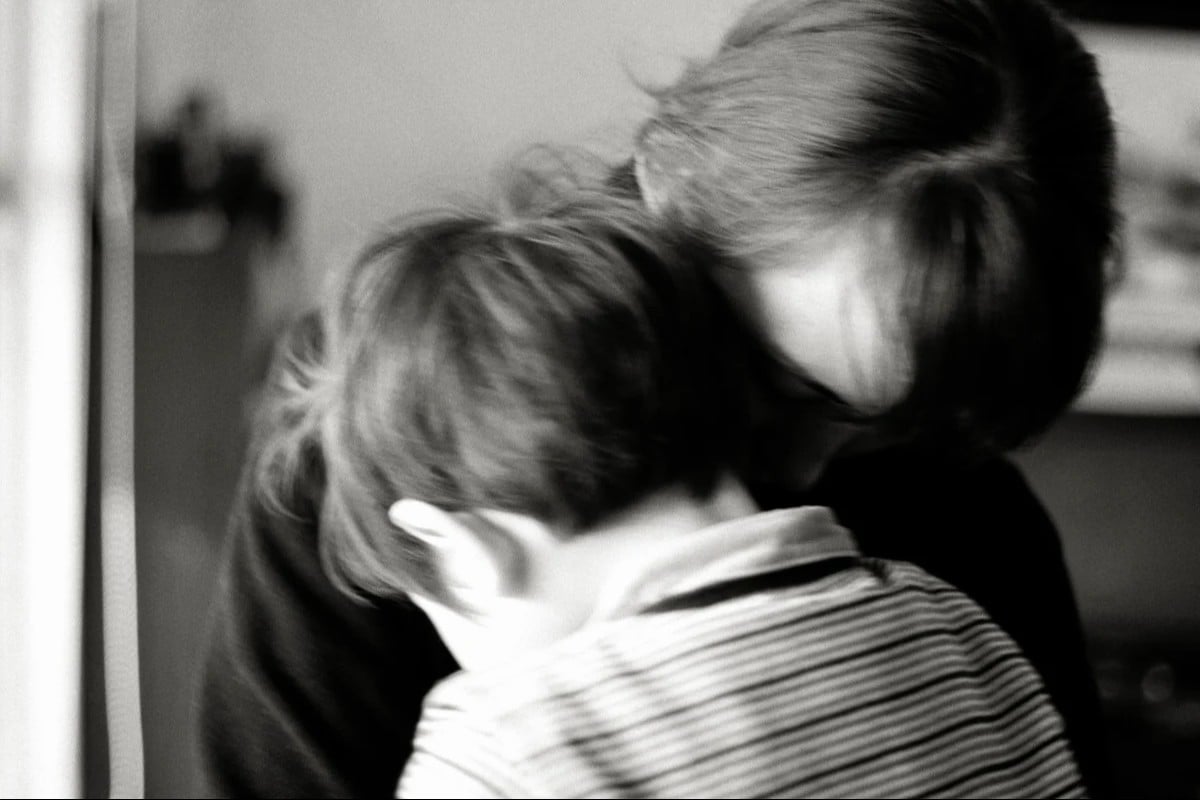
Content warning: This article contains references to domestic violence, reproductive coercion, sexual assault, and psychological abuse.
By the time she was 17, Jenny* thought she had found her person. She met him at a Christmas work function. It was 1989, and he was just a year older.
Jenny and Stephen* spent the next nine years working together, building a relationship, a home, and eventually a family. At least, that's what it looked like to the outside world.
But behind closed doors, there was a different world, one filled with fear, coercion and abuse that took the form of emotional, physical, sexual, and, eventually, reproductive coercion.
Watch: Heather Cornelius shares her DV story. Article continues after the video.
"I didn't know what it was at the time, or understand," Jenny tells Mamamia, explaining the early days of their relationship were filled with psychological abuse.
Then, things would take a turn.
'Too unsafe to welcome a child.'
The violence escalated when Jenny and Stephen moved into their first home in 1993.
"I was isolated from my family. He smashed furniture, broke things, used knives to threaten harm. It was constant walking on eggshells," she said.




























































































